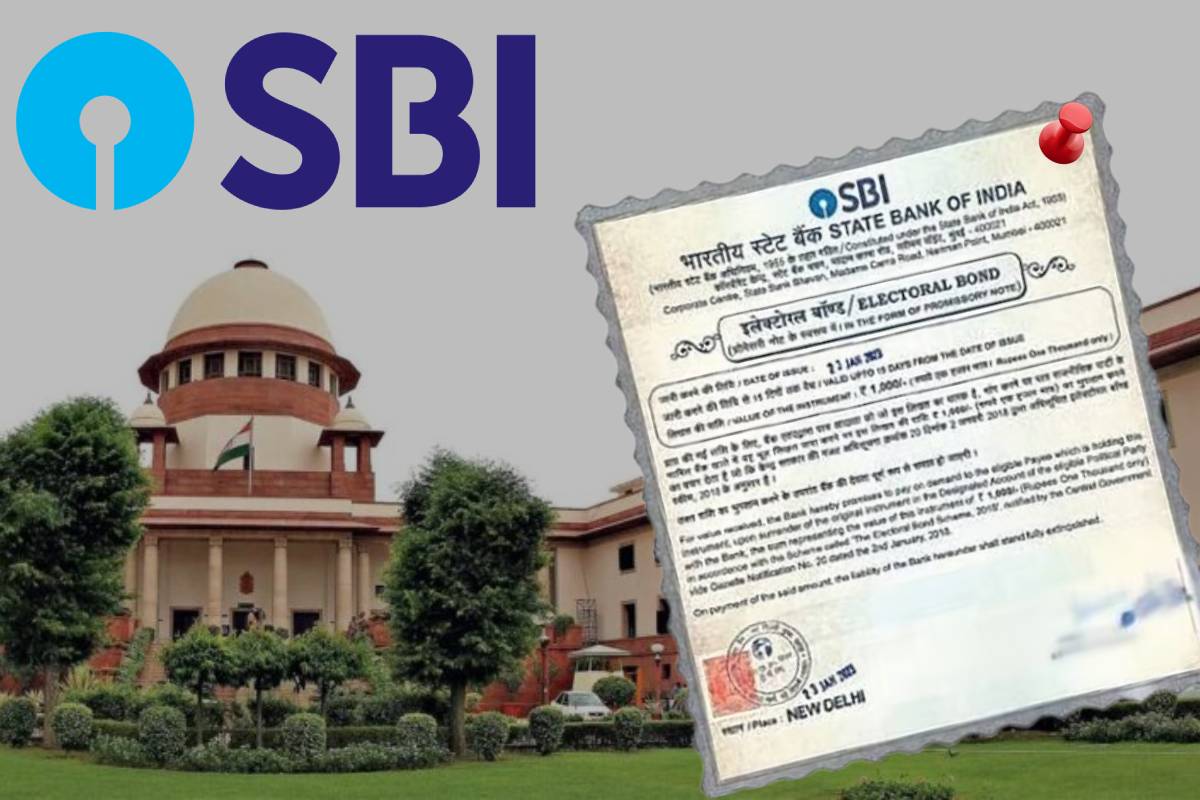In a scathing rebuke, the Supreme Court of India has criticized the State Bank of India (SBI) for its failure to disclose all pertinent details regarding electoral bonds, deeming its attitude “unacceptable.” The apex court’s 5-judge bench, led by Chief Justice of India DY Chandrachud, directed the SBI to provide full transparency by releasing all information related to alphanumeric numbers invisibly embossed on Electoral Bonds. These alphanumeric details are crucial as they facilitate the identification of donors and their beneficiary political parties.
The court’s directive came in response to a plea filed by business associations FICCI and Assocham, which sought non-disclosure of alphanumeric digits on Electoral Bonds to protect the anonymity of donors. However, the court firmly asserted the importance of transparency in the electoral process, emphasizing the need for accountability and public scrutiny.
SBI’s counsel, Harish Salve, argued against the disclosure of this information, expressing concerns that it could fuel the proliferation of public interest litigations (PILs) aimed at scrutinizing industrialists and corporations involved in political donations. Despite these objections, the court upheld the principle of transparency, asserting that the information should be shared with the Election Commission to ensure accountability.

The Election Commission, following the court’s directive, promptly uploaded the electoral bond data on its website within the stipulated deadline. This move marked a significant step towards enhancing transparency in political funding, as it allowed the public access to information about prominent donors, including figures such as steel tycoon Lakshmi Mittal, telecommunications magnate Sunil Bharti Mittal, and industrialist Anil Agarwal.
The revelation of donors purchasing electoral bonds highlights the influence of corporate entities in political financing. From established conglomerates to lesser-known entities, a diverse range of organizations has participated in the electoral funding process through these bonds. This development underscores the importance of regulatory oversight and accountability mechanisms to safeguard the integrity of the electoral system.
The Supreme Court’s admonishment of the SBI underscores the judiciary’s commitment to upholding democratic principles and ensuring transparency in the electoral process. By compelling disclosure of crucial information, the court has taken a significant step towards fostering accountability and combating corruption in political financing. Moving forward, it is imperative for regulatory authorities to implement robust mechanisms that promote transparency and accountability in electoral funding, thereby strengthening the foundations of democratic governance in India.



